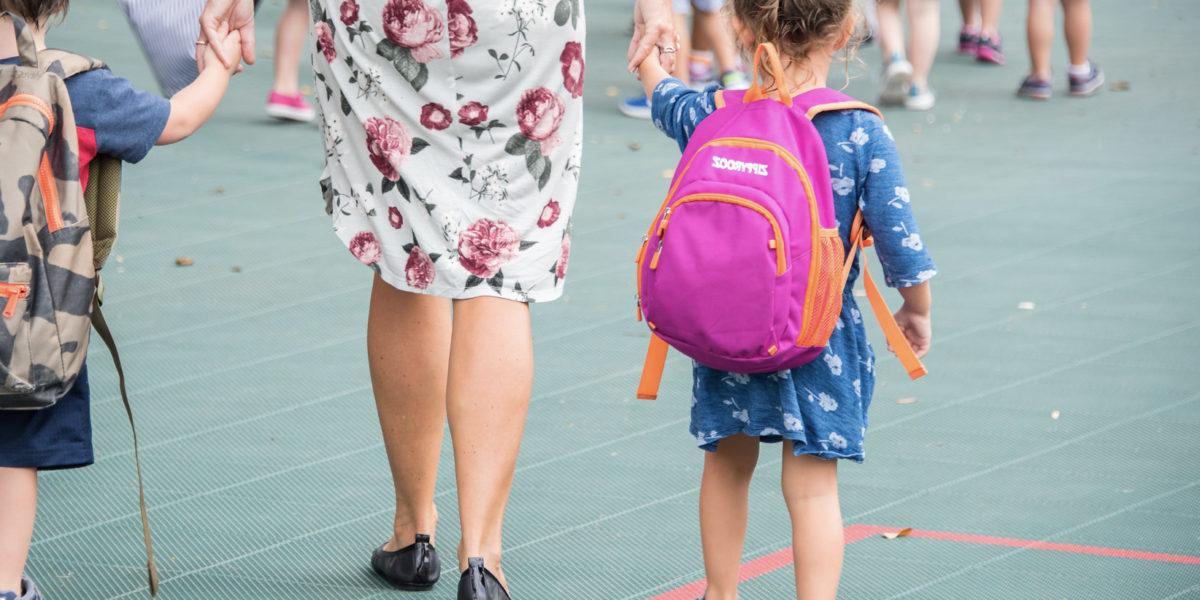
Want to start a meaningful conversation with your daughter after school? Ashley Hall’s Director of Admission and Enrollment Sara Stephenson, who has 24 years of experience in independent schools and is a mother of two, knows that getting children to open up takes work but is also well worth the effort. She recently shared her insight into engaging your daughter about her day.
It can be a daily struggle to get information out of your daughter at the end of the day. You want to be connected to her learning, so why is it so hard to get her to answer basic questions? Here are four ways to build understanding and engagement:
Provide the Security of Space
Your daughter has just finished a really long day. Seeing you for the first time after school may coincide with the important power down period for her brain. She needs a change of pace after busy classes and the energetic hurly burly of a school day. Get a sense of your daughter’s pace after school: does she bounce into the car energetically or does she need a period of quiet before she’s ready to debrief? Give her the space to take a quiet moment.
Help Guide the Conversation
There have been hundreds of messages in your daughter’s mental inbox during the day. For younger girls and adolescents, sorting through them with no filtering mechanism is challenging. It’s tough to pick from seven hours’ worth of data to answer a single general question with little guidance. “What did you do at school today?” is likely to be impossible for many girls to answer. Ask a question that is specific yet general enough to build on. Lower school girls often connect differently than older girls do; a series of anchoring questions can give continuity to the after-school conversation and lead to patterns of information that can be helpful to both you and your daughter.
Give Reassurance
As adults, we have mostly learned to transition relatively easily between roles: parent, partner, child, grandchild, friend, mentor, leader; these are all roles that we might play over the course of a day. When your daughter sees you at the end of the day, it may be harder for her to transition roles than it is for you. She may need some buffer time. Going from student and friend to daughter is not as straightforward as it might seem for many younger, and sometimes older, girls. Reassure your daughter that you are excited to hear about her day at any time; it does not have to be when she first jumps into the car.
Show Enthusiasm
Always tell your daughter that you want to know about her day. Set an expectation so she knows that feedback and connectivity will form a part of the end of the day at home. Rather than “What did you do today?” or “How was your day?” it can be helpful to greet your daughter with “I can’t wait to hear about your day” or “I’ve been thinking about you today and wondering what you were doing.” This sets the scene for later conversation.
